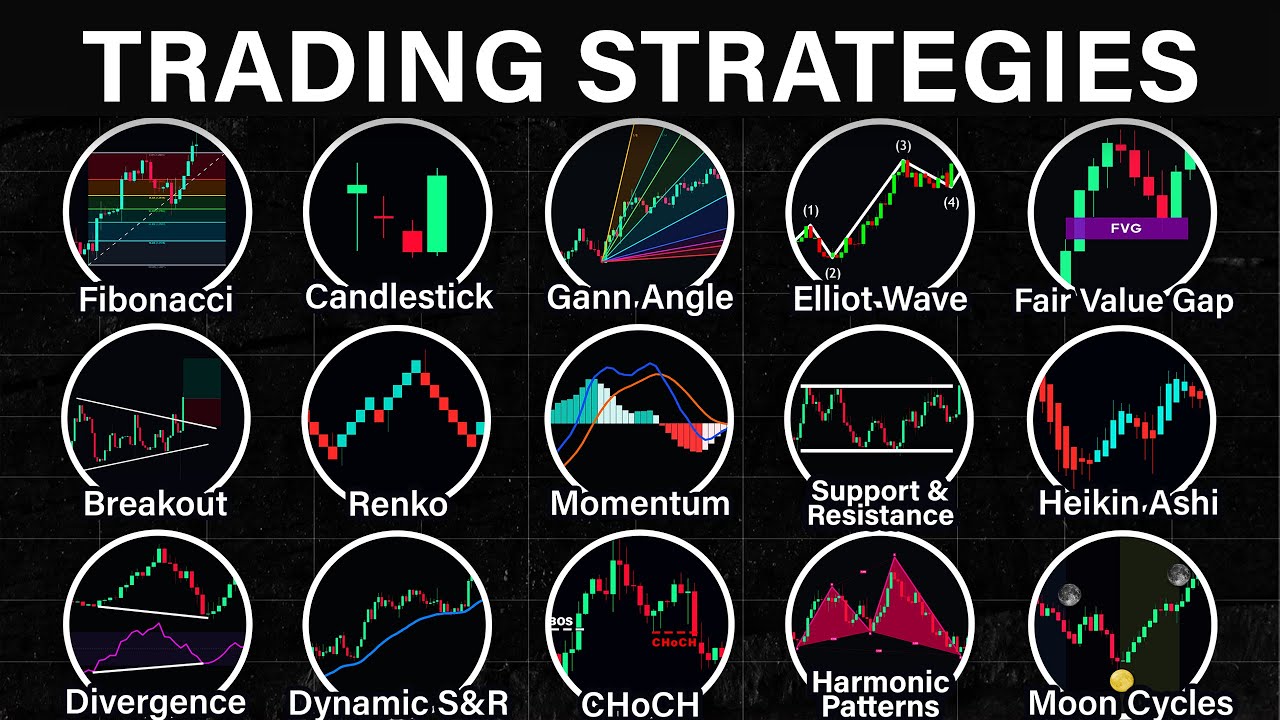The world of trading and stock markets is both exciting and complex. For beginners, it can seem like a labyrinth of numbers, charts, and jargon. However, with the right guidance and education, anyone can learn to navigate this dynamic field. At Al Mithaq Institute, we specialize in providing high-quality education in various disciplines, including financial and accounting training. Our courses are designed to equip you with the knowledge and skills needed to succeed in trading and stock markets. Whether you're a novice or an experienced professional, our programs offer the flexibility and expertise to help you achieve your goals.
Table of Contents
- What Are Trading and Stock Markets?
- Why Learn Trading and Stock Market Skills?
- Key Concepts in Trading and Stock Markets
- Types of Trading
- How to Get Started in Trading
- Common Mistakes Beginners Make
- The Role of Education in Trading Success
- Why Choose Al Mithaq Institute for Trading Education?
- Conclusion
1. What Are Trading and Stock Markets?
Trading refers to the buying and selling of financial instruments such as stocks, bonds, commodities, and currencies. The stock market, on the other hand, is a platform where these transactions take place. It serves as a marketplace for investors to trade shares of publicly listed companies.
The stock market plays a crucial role in the global economy. It allows companies to raise capital by issuing shares, while investors can grow their wealth by purchasing these shares. Understanding how the stock market works is essential for anyone looking to build a successful trading career.
2. Why Learn Trading and Stock Market Skills?
Learning trading and stock market skills offers numerous benefits:
- Financial Independence: Trading can provide a steady income stream and help you achieve financial freedom.
- Diversification: Investing in stocks allows you to diversify your portfolio and reduce risk.
- Career Opportunities: Proficiency in trading opens doors to careers in finance, investment banking, and portfolio management.
- Personal Growth: Trading requires discipline, patience, and analytical thinking, which are valuable life skills.
At Al Mithaq Institute, we offer specialized courses in financial and accounting training, including financial analysis and corporate taxation. These programs are designed to help you develop the expertise needed to excel in trading and stock markets.
3. Key Concepts in Trading and Stock Markets
Stocks, Bonds, and ETFs
- Stocks: Represent ownership in a company. When you buy a stock, you become a shareholder and are entitled to a portion of the company’s profits.
- Bonds: Debt instruments issued by governments or corporations. Bondholders receive regular interest payments and the principal amount at maturity.
- ETFs (Exchange-Traded Funds): Investment funds that track the performance of a specific index, commodity, or sector. ETFs offer diversification and are traded like stocks.
Market Indices
Market indices, such as the S&P 500 and NASDAQ, track the performance of a group of stocks. They serve as benchmarks for evaluating the overall market trends.
Bull and Bear Markets
- Bull Market: A period of rising stock prices, characterized by investor optimism.
- Bear Market: A period of declining stock prices, marked by investor pessimism.
Risk Management
Risk management is crucial in trading. It involves strategies to minimize losses, such as setting stop-loss orders and diversifying your portfolio.
4. Types of Trading
Day Trading
Day trading involves buying and selling securities within the same day. It requires quick decision-making and a deep understanding of market trends.
Swing Trading
Swing trading focuses on capturing short- to medium-term gains over a period of days or weeks. It’s ideal for those who can’t monitor the market constantly.
Position Trading
Position trading is a long-term strategy where traders hold positions for weeks, months, or even years. It’s less time-intensive but requires patience.
Algorithmic Trading
Algorithmic trading uses computer programs to execute trades based on predefined criteria. It’s highly efficient and reduces emotional decision-making.
5. How to Get Started in Trading
Setting Financial Goals
Before diving into trading, define your financial goals. Are you looking for short-term gains or long-term wealth accumulation? Your goals will determine your trading strategy.
Choosing the Right Broker
A broker acts as an intermediary between you and the stock market. Consider factors like fees, platform usability, and customer support when selecting a broker.
Understanding Market Analysis
Market analysis involves evaluating financial data to make informed trading decisions. There are two main types:
- Fundamental Analysis: Examines a company’s financial health, including revenue, earnings, and growth potential.
- Technical Analysis: Focuses on price patterns and market trends using charts and indicators.
6. Common Mistakes Beginners Make
- Lack of Education: Jumping into trading without proper knowledge can lead to costly mistakes.
- Emotional Trading: Letting emotions dictate your decisions often results in poor outcomes.
- Overtrading: Excessive trading can erode profits through fees and taxes.
- Ignoring Risk Management: Failing to manage risk can lead to significant losses.
At Al Mithaq Institute, our courses emphasize the importance of education and risk management. We provide the tools and knowledge needed to avoid these common pitfalls.
7. The Role of Education in Trading Success
Education is the foundation of successful trading. It equips you with the skills to analyze markets, manage risk, and make informed decisions. At Al Mithaq Institute, we offer a range of programs tailored to your needs, including:
- Financial Accounting
- Financial Analysis
- Corporate Taxation
- Cryptocurrency and Artificial Intelligence
Our courses are accredited by the Knowledge and Human Development Authority (KHDA) of Dubai and recognized internationally through our partnership with Leeds International College, UK.
8. Why Choose Al Mithaq Institute for Trading Education?
Accredited Programs
Our certificates are recognized locally and internationally, ensuring that your education holds value wherever you go.
Expert Faculty
Our faculty members bring over a decade of professional experience, combining academic excellence with practical knowledge. They are dedicated to delivering insightful education and engaging training courses.
Flexible Learning Options
We offer both online and in-person programs, allowing you to learn at your own pace. Our flexible approach ensures that you can balance your education with other commitments.
9. Conclusion
Trading and stock markets offer immense opportunities for financial growth and career advancement. However, success in this field requires a solid foundation of knowledge and skills. At Al Mithaq Institute, we are committed to helping you achieve your goals through our comprehensive and accredited programs.
Whether you’re interested in financial analysis, corporate taxation, or cryptocurrency, our courses are designed to meet your needs. Visit our courses page to explore our offerings and take the first step toward a successful trading career.
For more information, feel free to contact us through our contact page. Let Al Mithaq Institute be your partner in achieving excellence and innovation in education.







